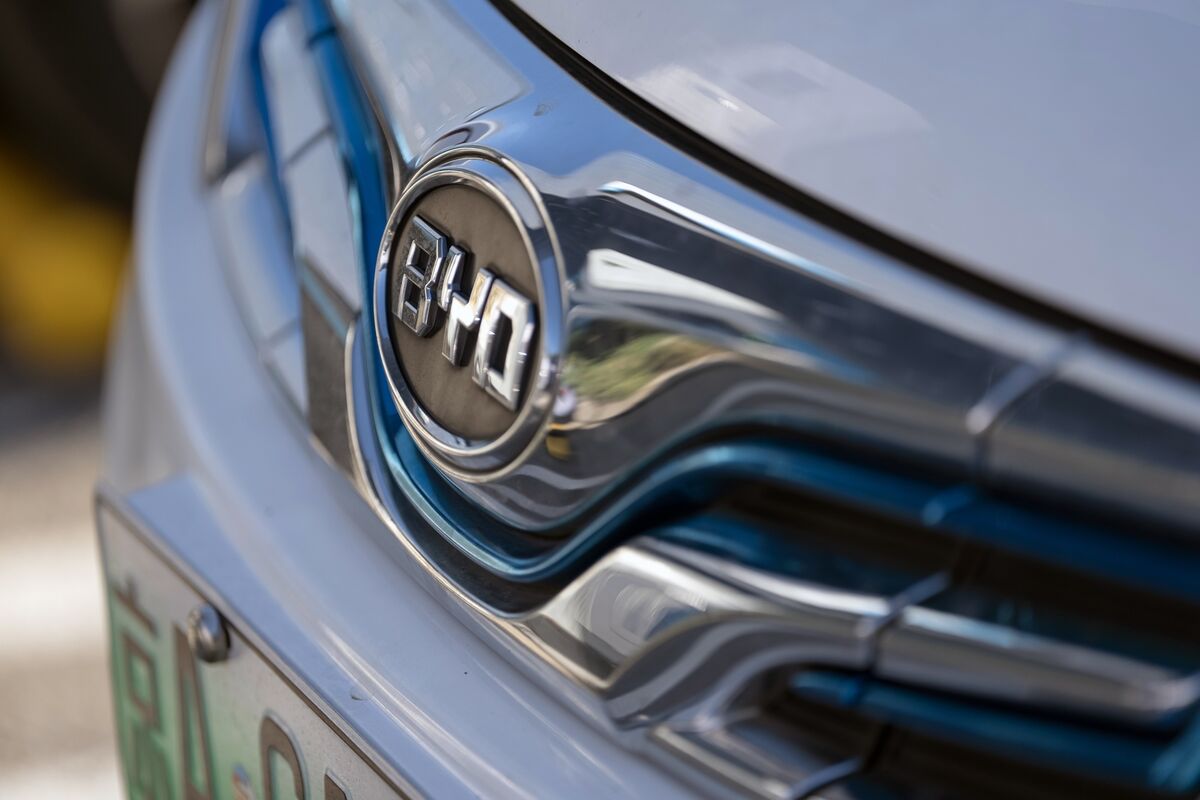For the lazy/dumb, Let Me Archive.Today That For You: https://archive.today/bzMAB
paywalled. Chinese subsidies for EVs and solar are far less than US ones. China does make sure an abundance of minerals exists, refineries to process them locally. Key industries have access to cheap loans, but often new companies/projects have the same access as leaders. US system favours free money instead which is subject to using it as a slush fund instead of building a successful project that will pay back normal loans.
China’s early success on EVs was based on city policies of restricting non EV license plates to certain days of driving. This is free. Having a good charging infrastructure/network also makes EVs an easier decision.
Still, the US is improving enough to get good EV growth, and EV dominance soon enough. Equinox EV is better than model Y. Ford transit van is cheaper electric than ICE, with additional operating cost savings, and as a city vehicle enough range for a full day, and contractor benefits.
US policy is based on pure lies to protect oil oligarchy dominance, but there is still a certainty/path for EV success.
I though a lot of their industry was also built on real cheap electricity thanks to them building their factories near dams and the like.
I guess that the Belts and Roads initiative really paid out for them. With it they got access to a lot of mines in Africa and now have access to rare minerals, which are needed for their industry.
God forbid neoliberal Bloomberg should let the public know the real reasons.
As the other poster noted: subsidies are at the mineral extraction level. Whilst the US lets companies profit off their resources
Cant access the article, here’s a dumb AI summary “The article by David Fickling on Bloomberg Law discusses China’s electric vehicle (EV) subsidy system. Fickling argues that China can’t reduce its EV subsidies because it isn’t actually paying them in full. While the Chinese government provides financial incentives to encourage the growth of the EV industry, much of the support is being delayed or deferred, and in some cases, the payments are not made at all. The article highlights the gap between China’s ambitious EV targets and the practical realities of its financial commitments, pointing out that many EV companies rely on the promise of subsidies, even though the actual funds have often not been disbursed as expected. This reliance on delayed payments could undermine the sustainability of the industry and the broader transition to electric vehicles.”




